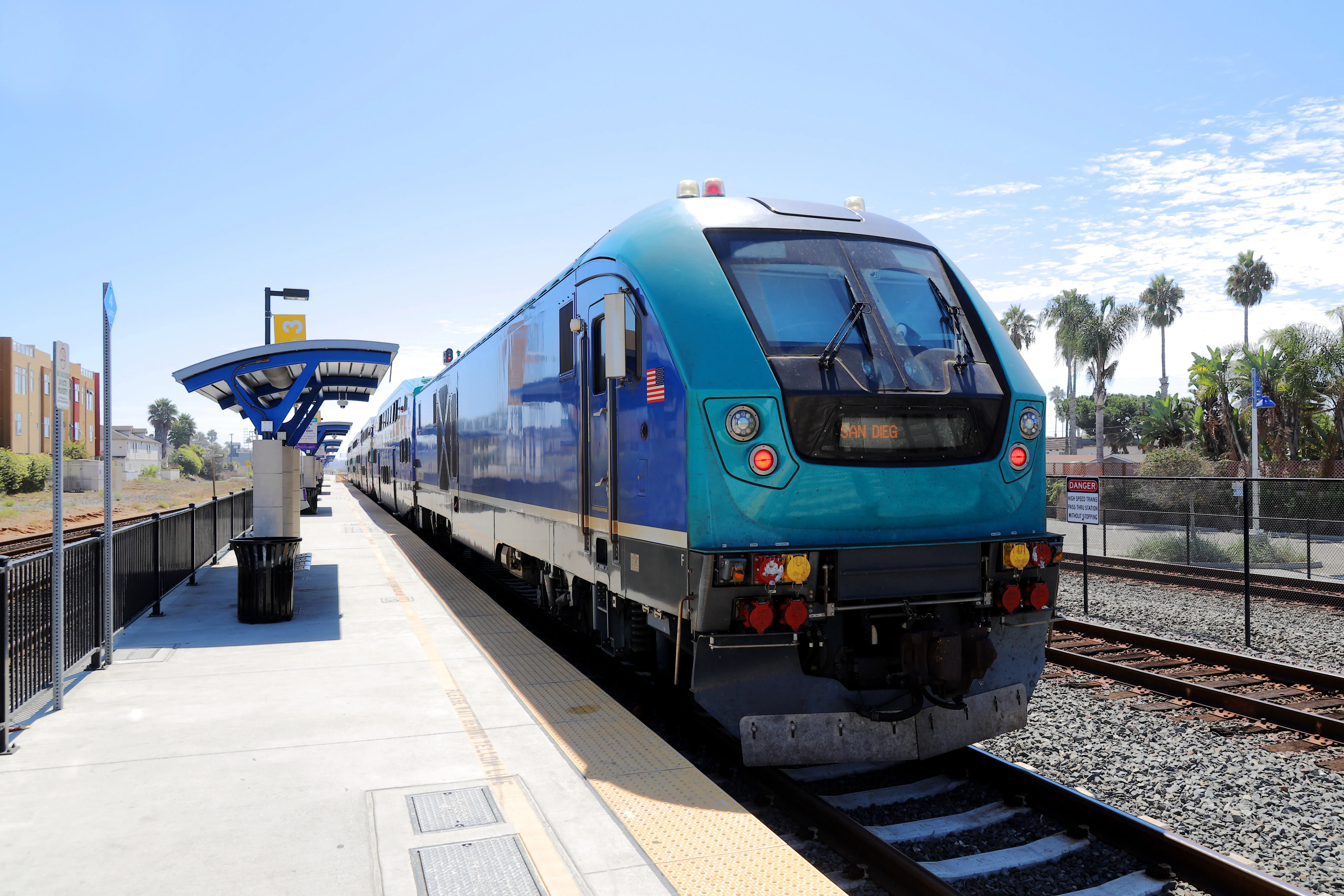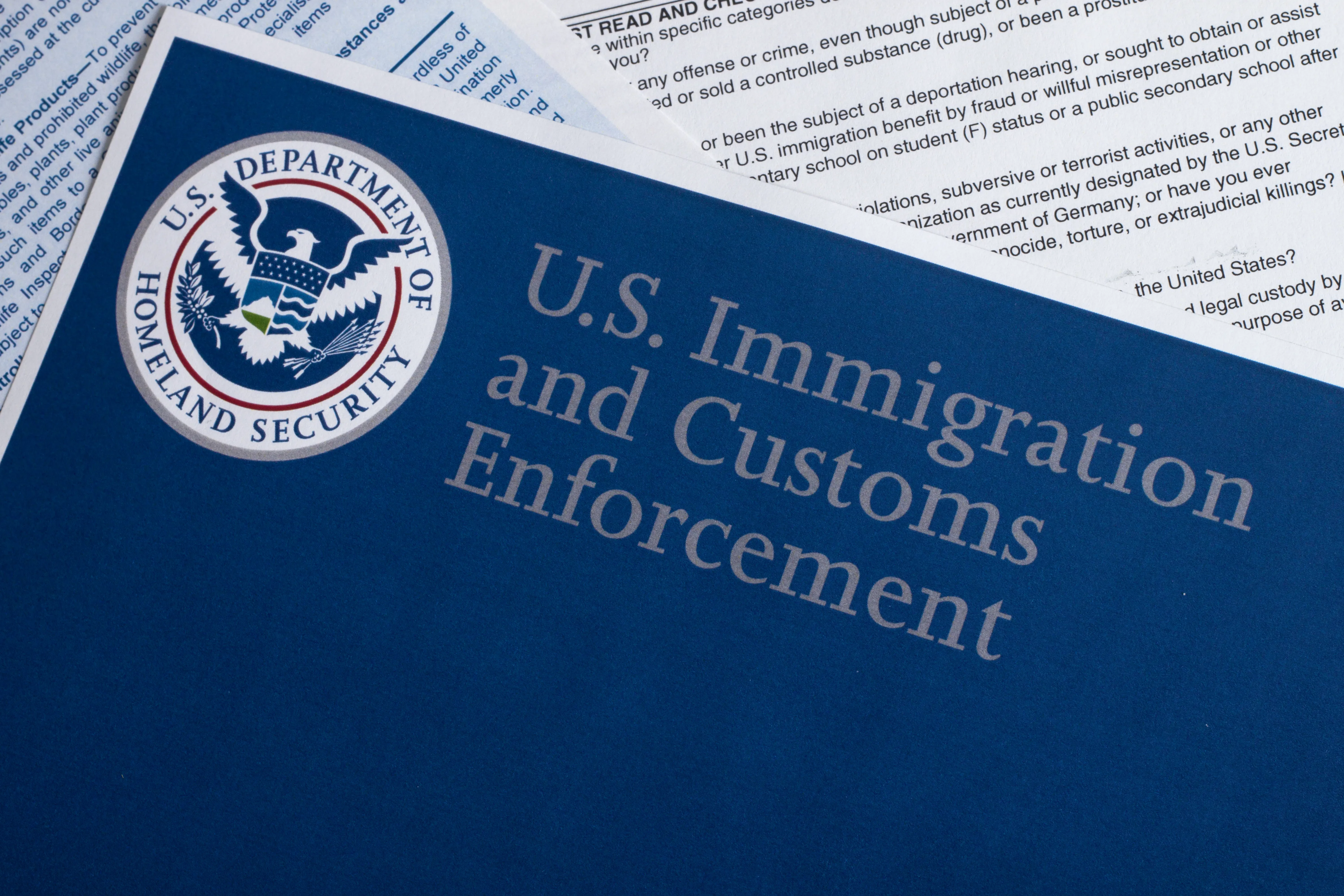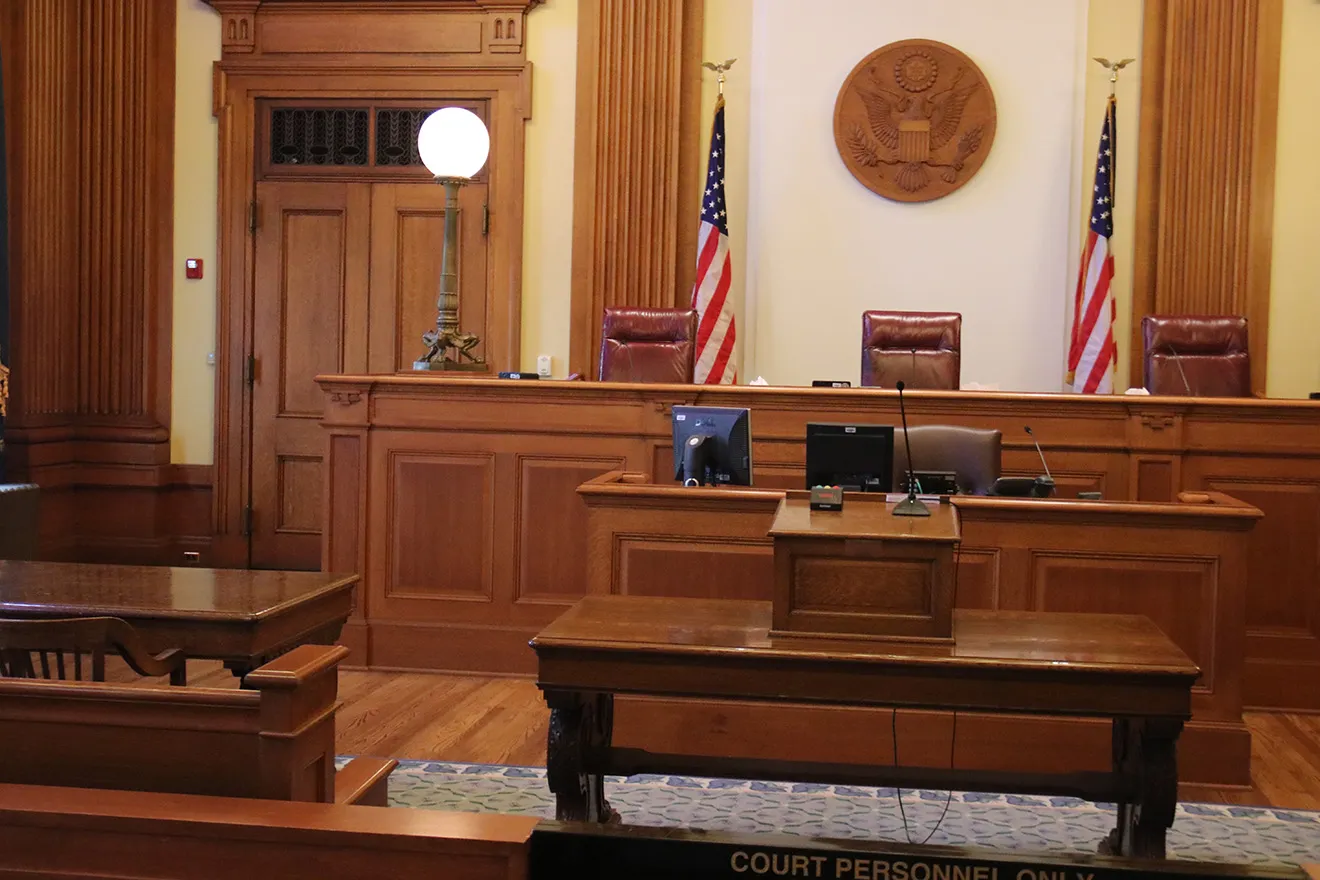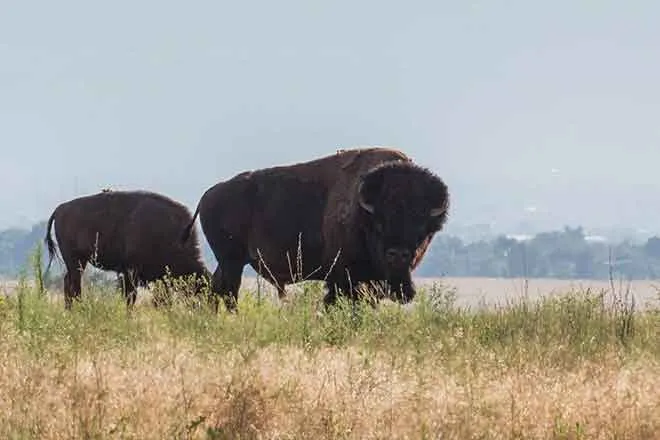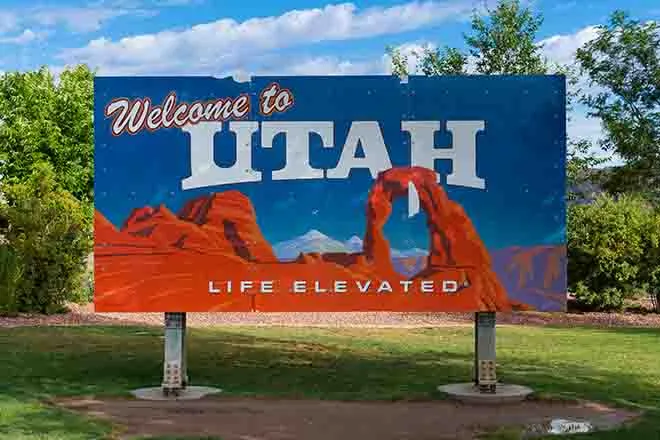
Daily Audio Newscast - July 29, 2024
News from around the nation.
Texas nonprofit works to get more women engaged in elections; Harris sees jump in favorability since Biden's exit poll; Oregon high schools to require financial literacy class for graduation; Arizona voters unaware of Biden's clean energy plan, more outreach needed.
Transcript
♪
The Public News Service Daily Newscast, July the 29th, 2024.
I'm Mike Clifford.
As the general election in November gets closer, more Americans are showing interest in getting involved in the electoral process.
There's a new energy around the election now that President Joe Biden has dropped out of the race and endorsed Vice President Kamala Harris to be the Democratic presidential nominee.
The Polychic Engagement Fund is a nonpartisan, nonprofit organization in the state focused on engaging more women in the democratic process.
Executive Director Christina Sanders says it teaches women how to affect change locally, statewide, and nationally.
It's not that democracy isn't working, it's that when they folded a lot of people into democracy, including black women, they learned about voting, but the other parts of participation are still gaps.
And I believe that the tools for like how to fully participate are gonna be helpful for them to be able to really have a stake in America.
Through hyper-local civic clubs in their communities, volunteers hold voter registration events and work to increase participation in local school board and city council elections.
I'm Freda Ross reporting.
Next from the Hill, Vice President Harris has seen an increase in her favorability rating among Americans, according to a new poll conducted nearly a week after President Biden exited the 2024 race, and Harris emerged as his likely replacement.
The Hill reports in the ABC News/Ipsos poll released Sunday, 43 percent of Americans say they have a favorable view of Harris from last week's 35 percent favorability rating.
And Harris' unfavorability rating also improved since last week's poll, with 42 percent of Americans now holding an unfavorable opinion of the Vice President.
That's down four points from last week's 46 percent.
Next to Oregon, where high schoolers in the class of 2027 can expect a new financial literacy course on their schedules.
The class on personal finance, along with a class on career preparation, will be required for graduation after the Oregon school board sided with legislators this summer.
Opponents of the requirement included teachers, unions, and school boards who wanted these lessons to be integrated into other classes.
Proponents like Pam Leavitt with Go West Credit Union Association say these skills are important enough to focus on in separate courses.
It's not an area of focus within the schools that should be done in an elective.
Every single student should graduate and understand their personal finances.
Leavitt cites a 2023 survey from the National Financial Educators Council that found more than 60 percent of adults in the U.S. had lost at least $500 that year alone due to a lack of knowledge about personal finance, with the average lost over $1,500.
She says the required courses should help students avoid mistakes that she often sees working with financial institutions.
I'm Mason Kennedy.
This is Public News Service.
Only one in five voters in Arizona say they've heard about President Biden's effort to address climate change and expand clean energy.
Dora Vasquez is with the Arizona Alliance for Retired Americans and says older Arizonans experience greater risk when exposed to extreme temperatures, which has led to an increased demand for energy that has risen in price.
It's a crisis in that, are we able to pay for those electricity bills?
And so with this plan, there's a lot of incentives to weatherize your home, weatherize meaning that you can have funding to put in new windows, to put in insulation, things that will help to protect you.
The Arizona Governor's Office of Resiliency is expected to take advantage of approximately $150 million in rebates to benefit Arizona homes.
Vasquez says older adults who rely on Social Security to cover their expenses are less likely to combat rising energy costs and are less able to afford repairs on dated equipment.
Information on incentives is at homes.rewiringamerica.org.
I'm Alex Gonzalez reporting.
And for students in Montana preparing to start college this fall, an interactive online tuition tracker can help figure out some of the costs ahead of time.
The tool can be especially useful to those attending college for the first time.
The tuition tracker lets a student calculate the real costs by seeing not only the published tuition, but the cost of other needs, showing them what they might end up actually paying.
Andrew Korisich with the Alliance for Research on Regional Colleges says a tool like this can be helpful for students in rural areas.
Whenever you have rural students, many of whom are still going to be the first in their families to go to college, maybe coming from communities where there aren't a lot of folks with college experience, tools like the tuition tracker can be really important.
The tool also allows students to compare college costs by using their household income, seeing what students like them have paid in the past and what to expect if they decide to enroll.
I'm Mark Moran.
Finally, from Milwaukee, the Environmental Protection Agency is giving Minnesota $200 million to reduce emissions in its food systems.
The money will impact a large swath of the state, from agriculture to food storage to waste reduction.
Kate Knuth with the Minnesota Pollution Control Agency says residents have been feeling the impacts of climate change in recent years, either from drought, wildfire smoke, or flooding.
This investment will try to reduce those impacts while growing local economies.
As a result, Minnesotans will be healthier, will have more economic opportunity, will be better prepared for climate impacts that are coming.
The list of specific programs is long, but it includes money for tribal governments, peatland preservation, and low-emissions tractors and refrigerators.
This is Mike Clifford, and thank you for starting your week with Public News Service, member and listener supported.
Hear us on radio stations big and small, your favorite podcast platform, and find our trust indicators at publicnewsservice.org.

